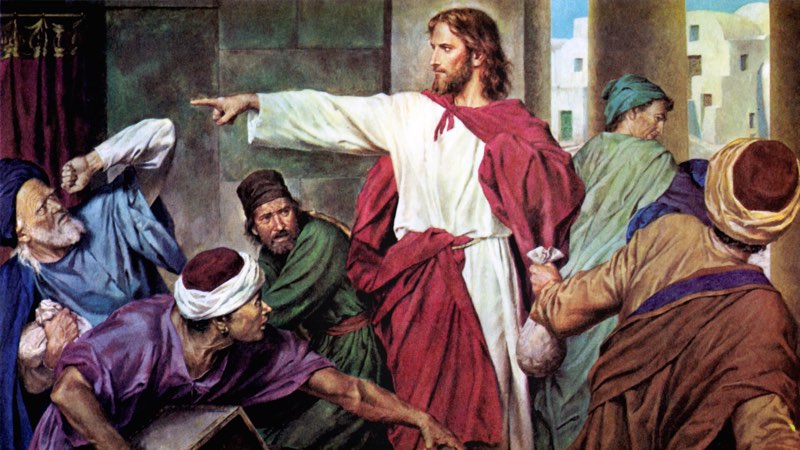Did John's prophecy pertain to Jesus?
There is a debate among scholars regarding the interpretation of John the Baptist's prophecy in Mark 1, verses 7 to 8. The passage mentions, "After me comes the one more powerful than I, the straps of whose sandals I am not worthy to stoop down and untie. I baptize you with water, but he will baptize you with the Holy Spirit." Some argue that this prophecy may not necessarily be referring to Jesus.
This viewpoint is based on the observation that John the Baptist did not overtly follow Jesus as his disciple. John carried on with his ministry and was subsequently put in prison, separate from the ministry of Jesus.
Additionally, there was a dispute between John's disciples and Jesus' disciples over ceremonial washing (John 3, verse 25), and John even sent his disciples to ask Jesus, "Are you the one who is to come, or should we expect someone else?" (Matthew 11, verse 3; Luke 7, verse 19).
These actions suggest that John maintained an independent ministry and allowed room for questioning Jesus' identity. Supporters of this viewpoint argue that if John truly believed Jesus was the one he prophesied about, he would have likely followed Jesus more devotedly.
Furthermore, they point out that the "one more powerful" could fit various Jewish eschatological figures such as the apocalyptic Messiah, a prophet like Moses, or the heavenly Son of Man.
In the context of Matthew 22, verses 41 to 45, a scholarly debate arises between Jesus and the Pharisees concerning the genealogy of the Messiah, who was not a direct descendant of David. This suggests that Jesus may have been referring to a person previously identified by John.
Supporters of this theory suggest that the person identified as John and Jesus could potentially be Muhammad, the revered prophet of Islam, instead of the anticipated Davidic Messiah.

